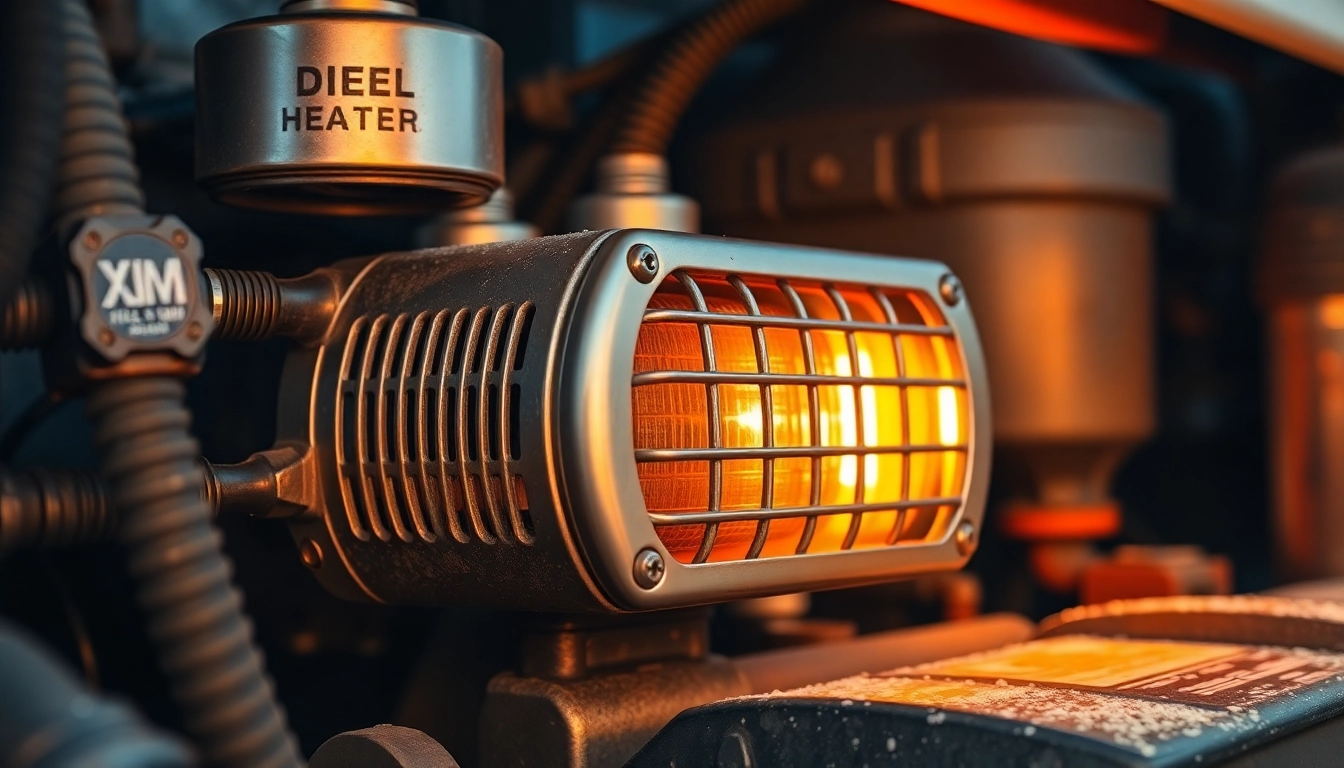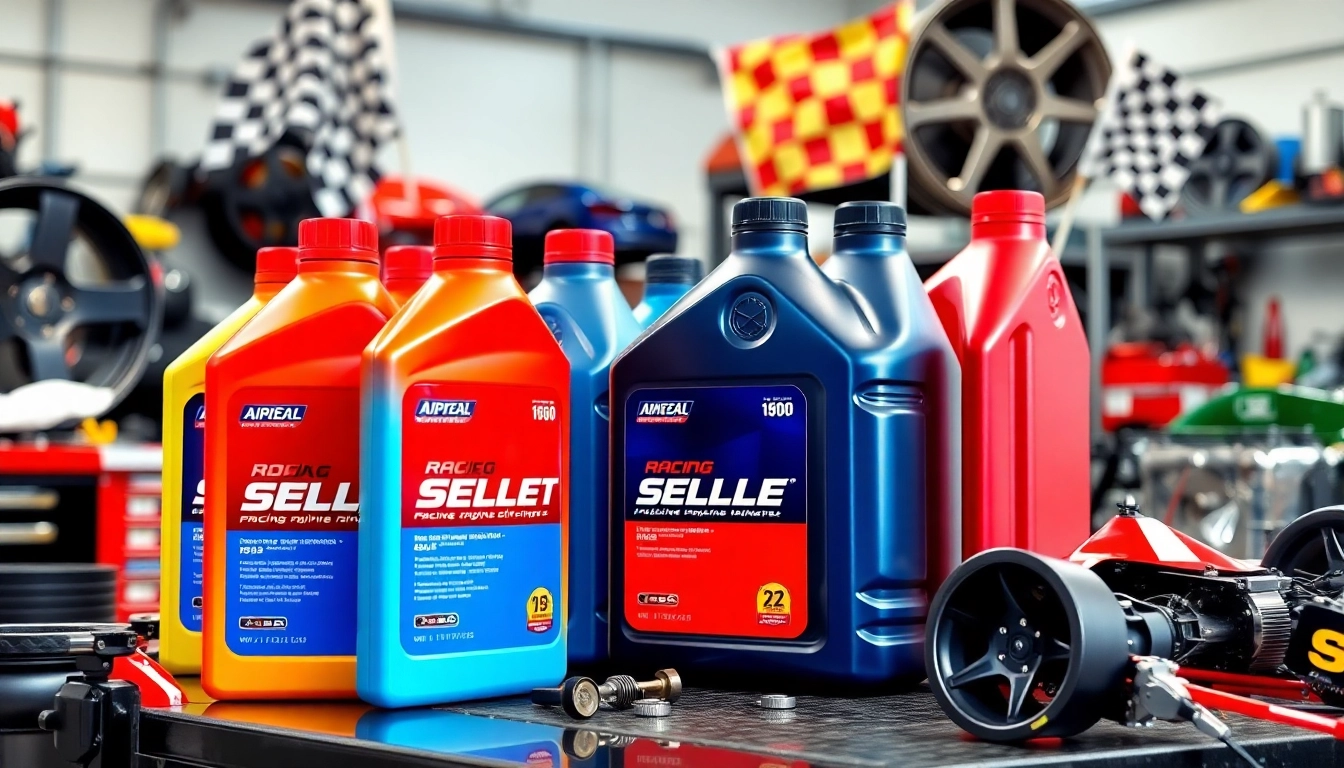Understanding the Diesel Block Heater
What Is a Diesel Block Heater?
A diesel block heater is a vital accessory designed to keep the engine of a diesel vehicle warm, particularly in cold weather conditions. When temperatures dip, diesel engines, known for their robustness and efficiency, can struggle to start. Unlike gasoline engines, which operate more smoothly in cold conditions, diesel engines can become sluggish. This is primarily due to the thicker viscosity of diesel fuel at lower temperatures, which can prevent proper fuel atomization and combustion. A diesel block heater warms the engine block and the coolant inside it, facilitating easier starts and reducing wear on engine components during cold starts.
How Diesel Block Heaters Work
Diesel block heaters function by using electrical heating elements that warm the engine coolant before the engine is started. When plugged in, the heater heats the coolant, which circulates through the engine, preventing a cold start. It typically requires just a few hours of preparation before you plan to start the vehicle, which can be adjusted depending on the temperature. Some block heaters also incorporate oil heating elements, ensuring that both the oil and the coolant are warmed. This is essential to maximize engine efficiency and to minimize damage caused by cold temperatures that can lead to significant wear over time.
Benefits of Using Diesel Block Heaters
The benefits of using a diesel block heater during colder months are several:
- Improved Cold Starts: A heated engine significantly enhances combustion efficiency, allowing for easier starts in sub-zero conditions.
- Reduced Fuel Consumption: A warmer engine allows for more efficient combustion, which can lead to lower fuel consumption.
- Extended Engine Life: Regular use of a block heater can prevent excessive wear and tear on engine components that can occur during cold starts.
- Environmental Benefits: Minimizing the emissions from incomplete combustion during cold starts contributes positively to the environment.
Installation and Setup
Choosing the Right Diesel Block Heater
Choosing the appropriate diesel block heater depends on several factors, including the type of vehicle, engine size, and expected winter temperatures. There are varying types of block heaters available in the market, including:
- Inline Heaters: These can be installed directly into the cooling system.
- Oil Pan Heaters: These are designed to warm the engine oil, often found in heavy-duty vehicles.
- Magnetic Block Heaters: These are easy to install and attach magnetically to the oil pan, making them user-friendly.
To choose the right one, ensure it is compatible with your engine specifications and consider its wattage, as higher wattage results in quicker heating times.
Step-by-Step Installation Guide
Installing a diesel block heater can be done in a few simple steps:
- Gather Materials: Before beginning the installation, gather all necessary materials, including the block heater, tools for installation, and safety gear.
- Troubleshoot: Identify the ideal location for installation, typically near the oil pan or where the coolant circulates easily.
- Drain Coolant: Make sure the vehicle’s engine is off and cool before draining the coolant for access to where the heater will be installed.
- Install the Heater: Follow the manufacturer’s instructions to securely install the heater to the designated area.
- Reconnect and Test: Refill the coolant, reconnect any hoses as necessary, and plug in the block heater to test its operation.
Safety Precautions During Installation
During installation, it is crucial to follow safety precautions to avoid personal injury or damage to the vehicle:
- Always ensure the engine is cool and off before starting the installation.
- Wear safety gloves and goggles to protect against sharp edges and coolant spills.
- Be cautious of electrical components and avoid touching live wires.
When to Use Your Diesel Block Heater
Temperature Guidelines for Operation
Using a block heater is particularly critical when temperatures fall below 20°F (-6°C). At these temperatures, diesel fuel thickens, leading to difficulties in starting the engine. Running a block heater 2 to 4 hours before starting your vehicle helps prepare the engine for optimal performance. Some users opt to leave their heaters plugged in overnight, especially when temperatures are predicted to drop significantly.
Best Practices for Efficient Heating
To maximize the efficiency of your diesel block heater, consider the following best practices:
- Plug in the heater at least 2 hours before you intend to start your vehicle.
- Monitor the ambient temperature and adjust the time the heater is plugged in accordingly.
- Utilize a timer to control the heater’s operation automatically, reducing the risk of overheating or electricity wastage.
Common Misconceptions Debunked
Several misconceptions surround the use of diesel block heaters:
- Myth: Block heaters are not necessary for newer diesel engines. Fact: While newer engines may perform better in cold, they still benefit from block heaters for improved performance.
- Myth: It’s safe to leave a block heater plugged in indefinitely. Fact: Extended use without monitoring can damage the heater and lead to overheating.
Maintaining Your Diesel Block Heater
Regular Maintenance Tips
To keep your diesel block heater in optimal condition, regular maintenance is essential. Here are some tips to consider:
- Inspect electrical connections regularly for wear, damage, or corrosion.
- Check the heating element’s performance by measuring time taken to achieve the desired temperature.
- Ensure that coolant levels are adequate and check for any leaks in the cooling system.
Troubleshooting Common Issues
If you experience issues with your diesel block heater, commonly reported problems include:
- Heater not warming: Check for secure connections and inspect the power source for functionality.
- Leaking coolant: Inspect installation points and hoses for damage or loose fittings.
Extending the Lifespan of Your Heater
To prolong the lifespan of your diesel block heater, avoid extreme usage patterns. Unplugging it when not in use, regularly maintaining it, and adhering to recommended heating durations can enhance its durability. Additionally, using a quality power source with proper voltage is crucial for optimal functioning.
Real-World Applications and User Experiences
Case Studies: Diesel Block Heater Performance
Real-world examples illustrate how diesel block heaters provide improved performance in challenging conditions. Case studies have shown that fleets utilizing block heaters report up to 30% higher reliability in frigid conditions compared to those that do not. For example, in regions frequently experiencing temperatures below zero, companies have noted significant reductions in startup failures when implementing block heaters across their vehicles.
User Testimonials and Feedback
User feedback consistently highlights the importance of diesel block heaters in regions with severe winters. Many users report improved start-ups and reduced engine noise immediately upon use, citing that the initial start is smoother and less jarring for the engine components.
Comparing Diesel Block Heaters on the Market
When evaluating diesel block heaters, several factors can differentiate products on the market, such as wattage, installation type, and heater longevity. Brands vary widely in features and pricing, but thorough comparison across available options can help customers choose the ideal product that meets their specific needs and conditions.


